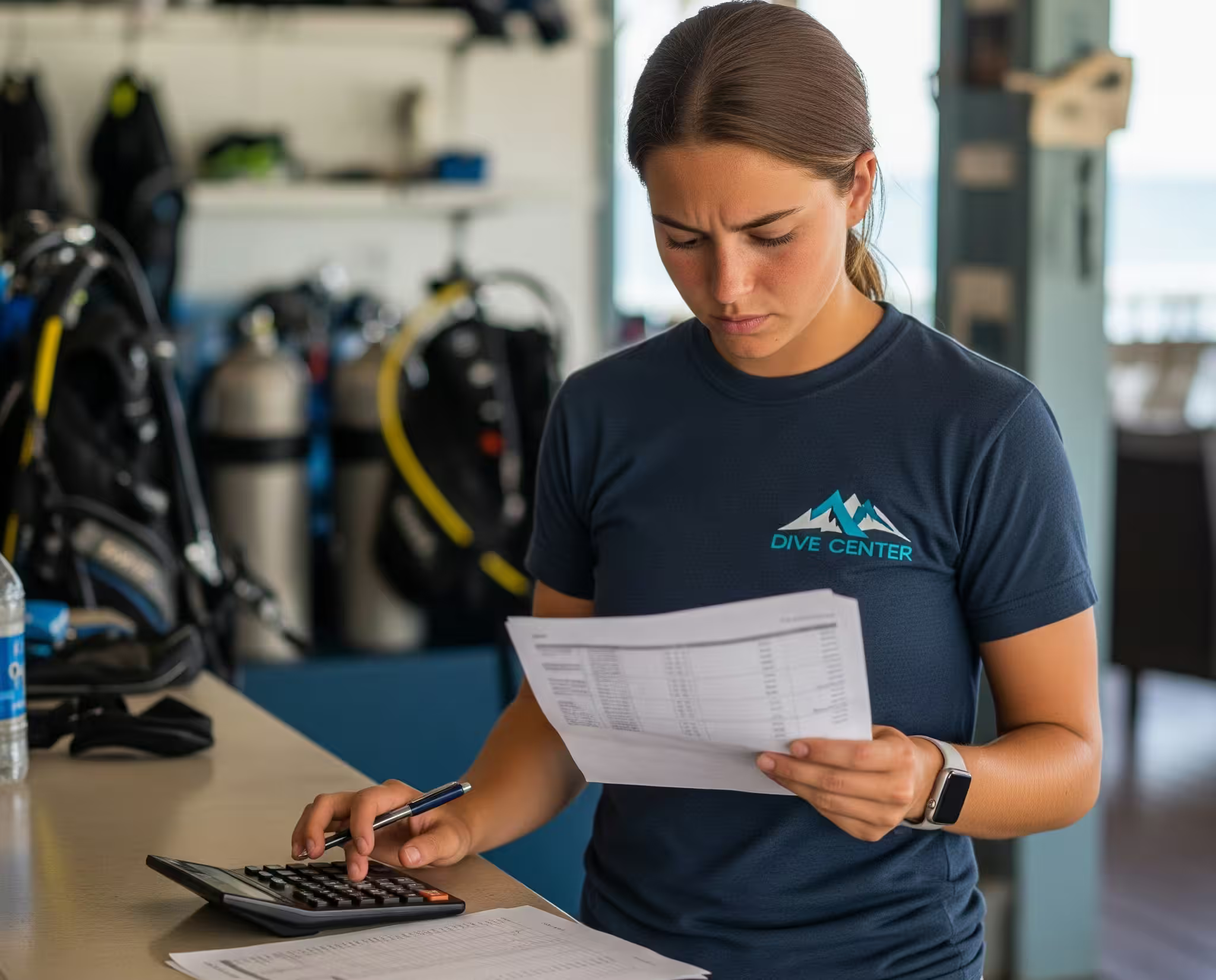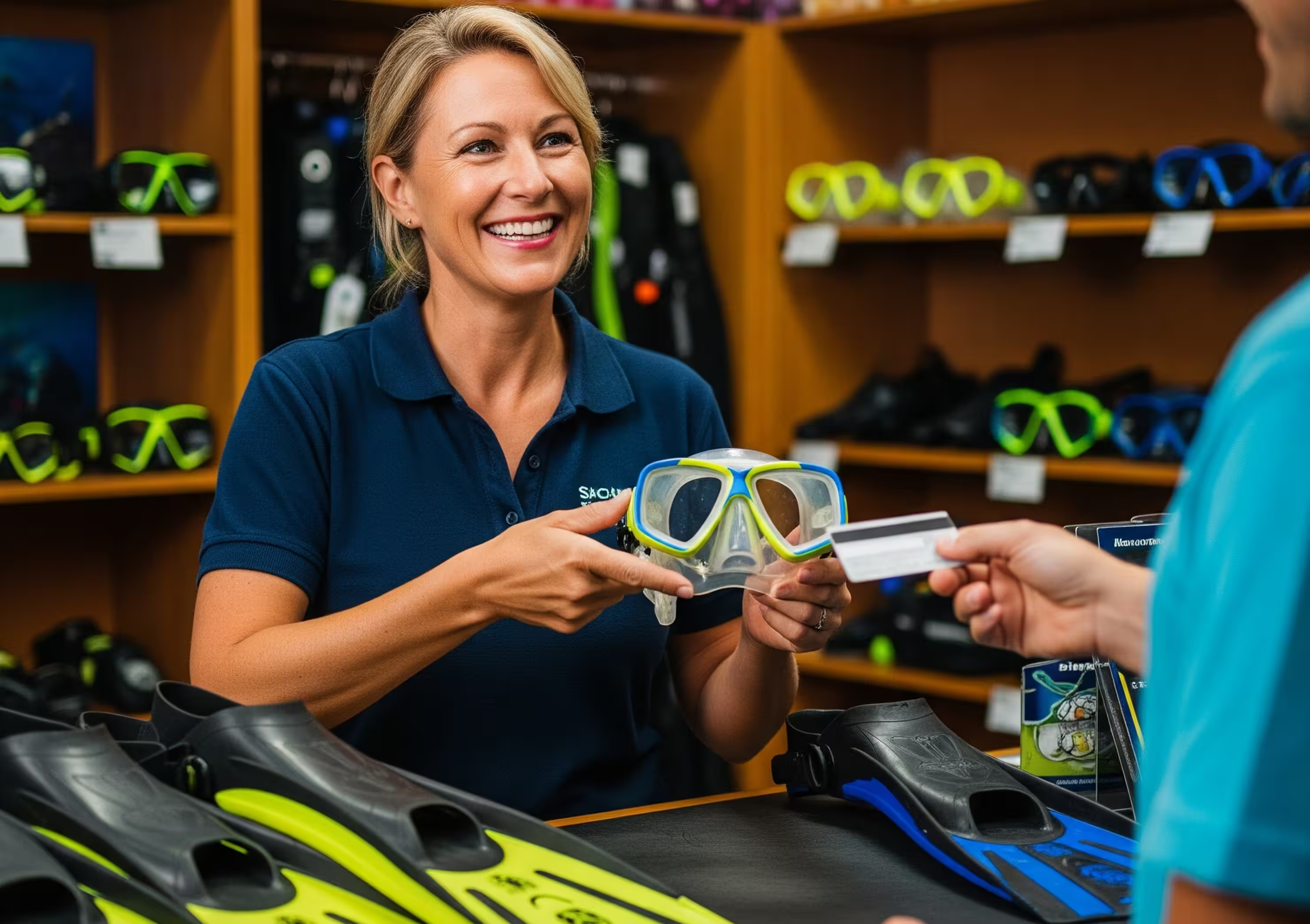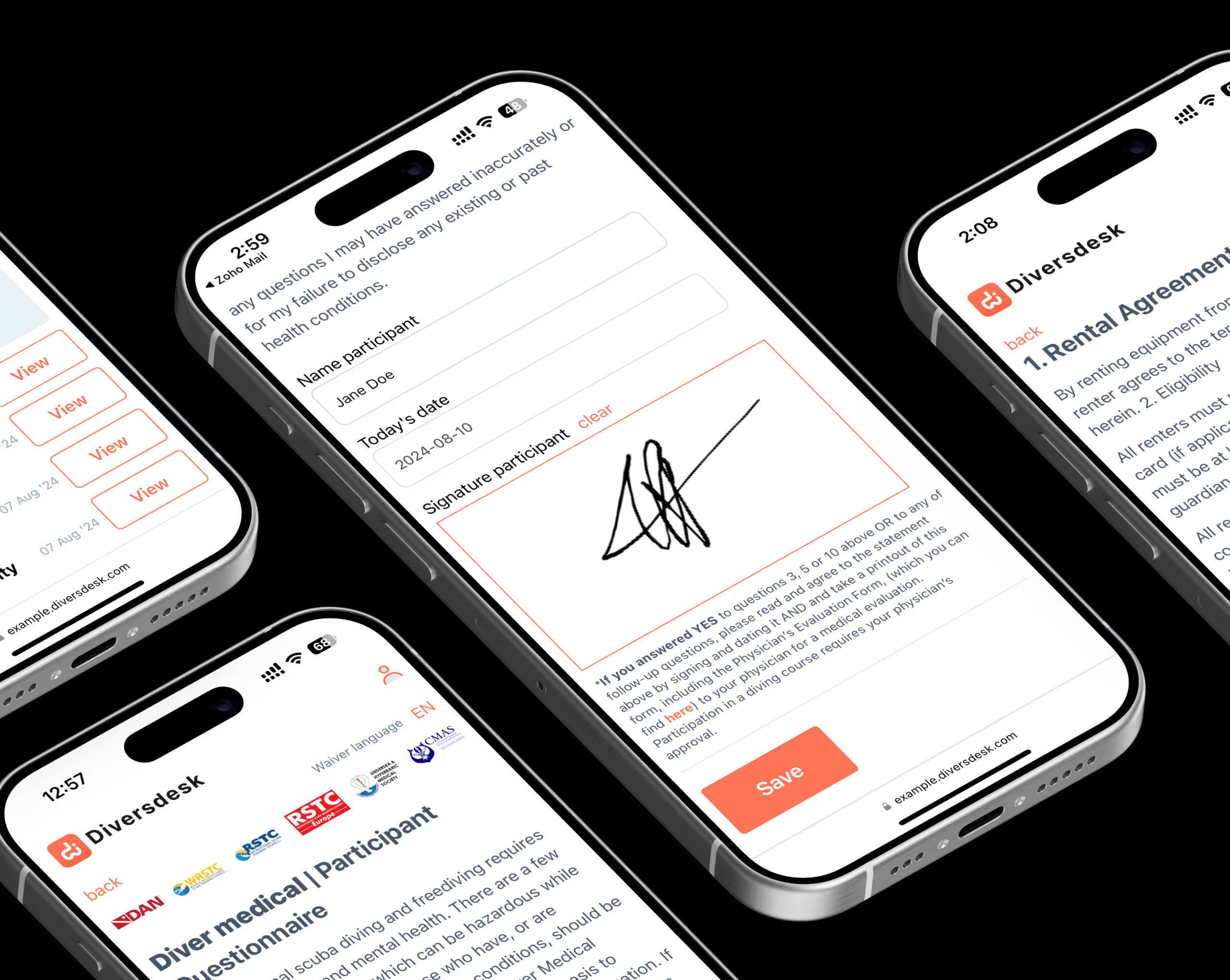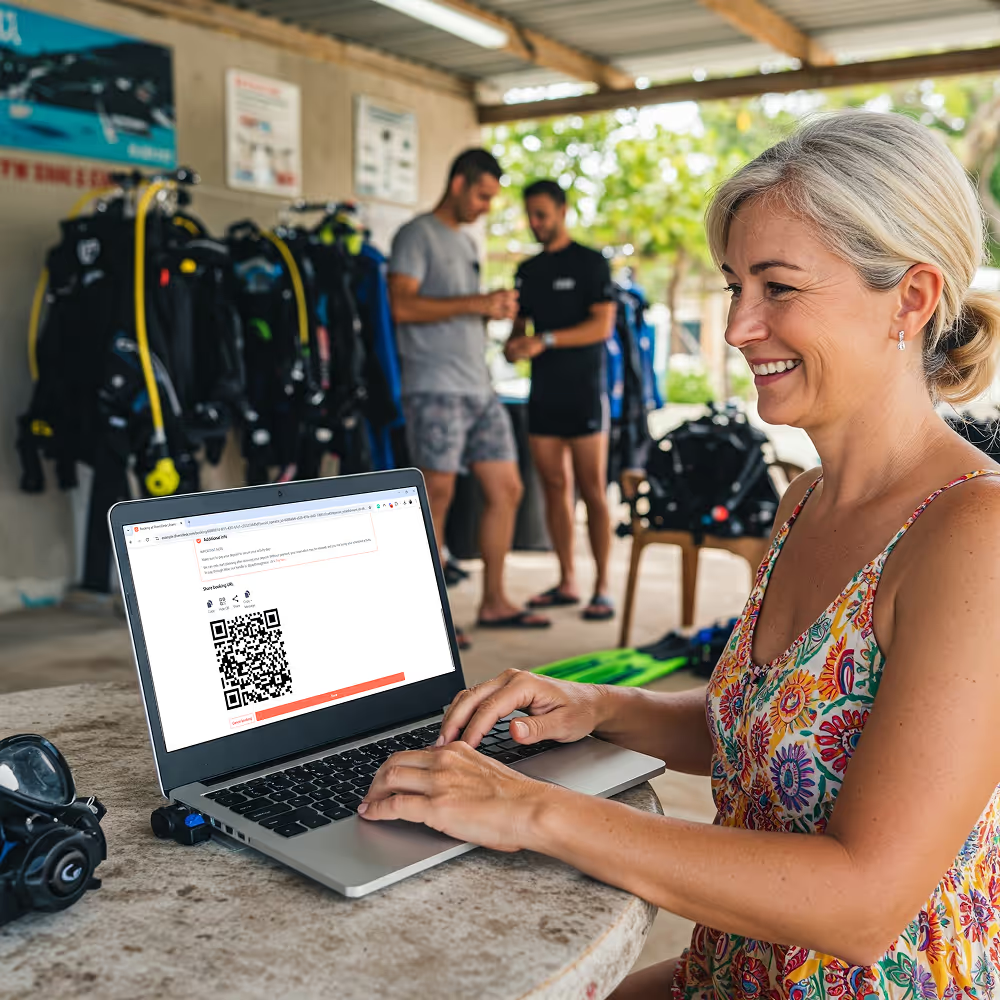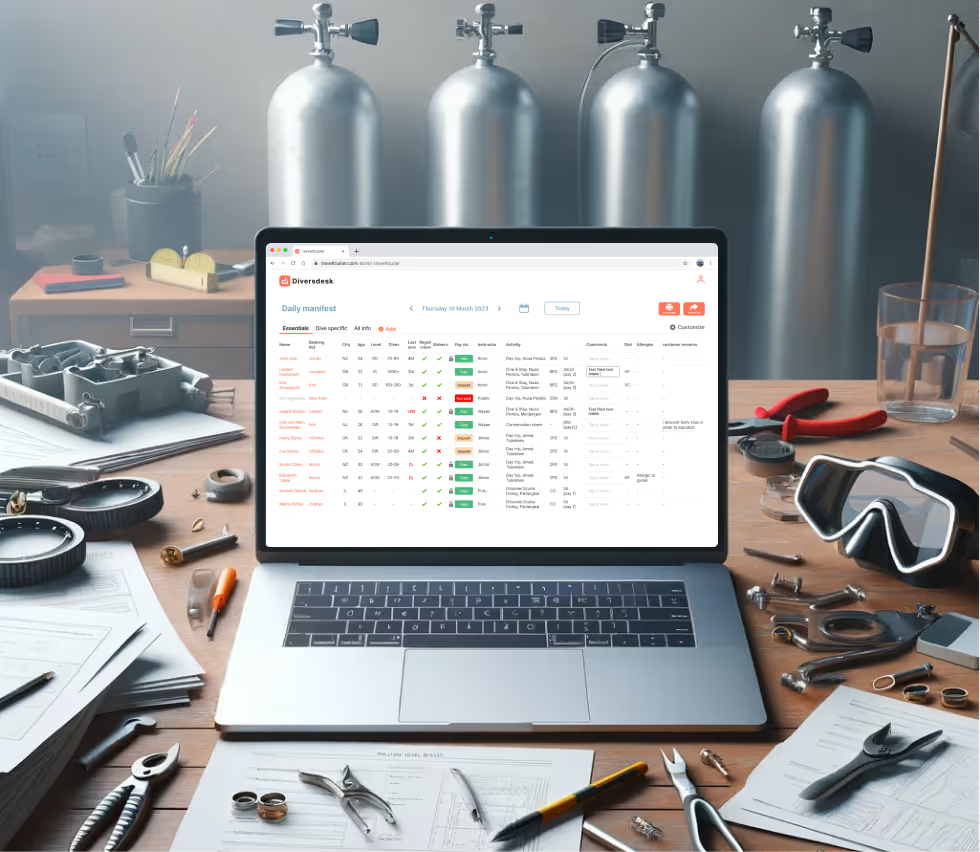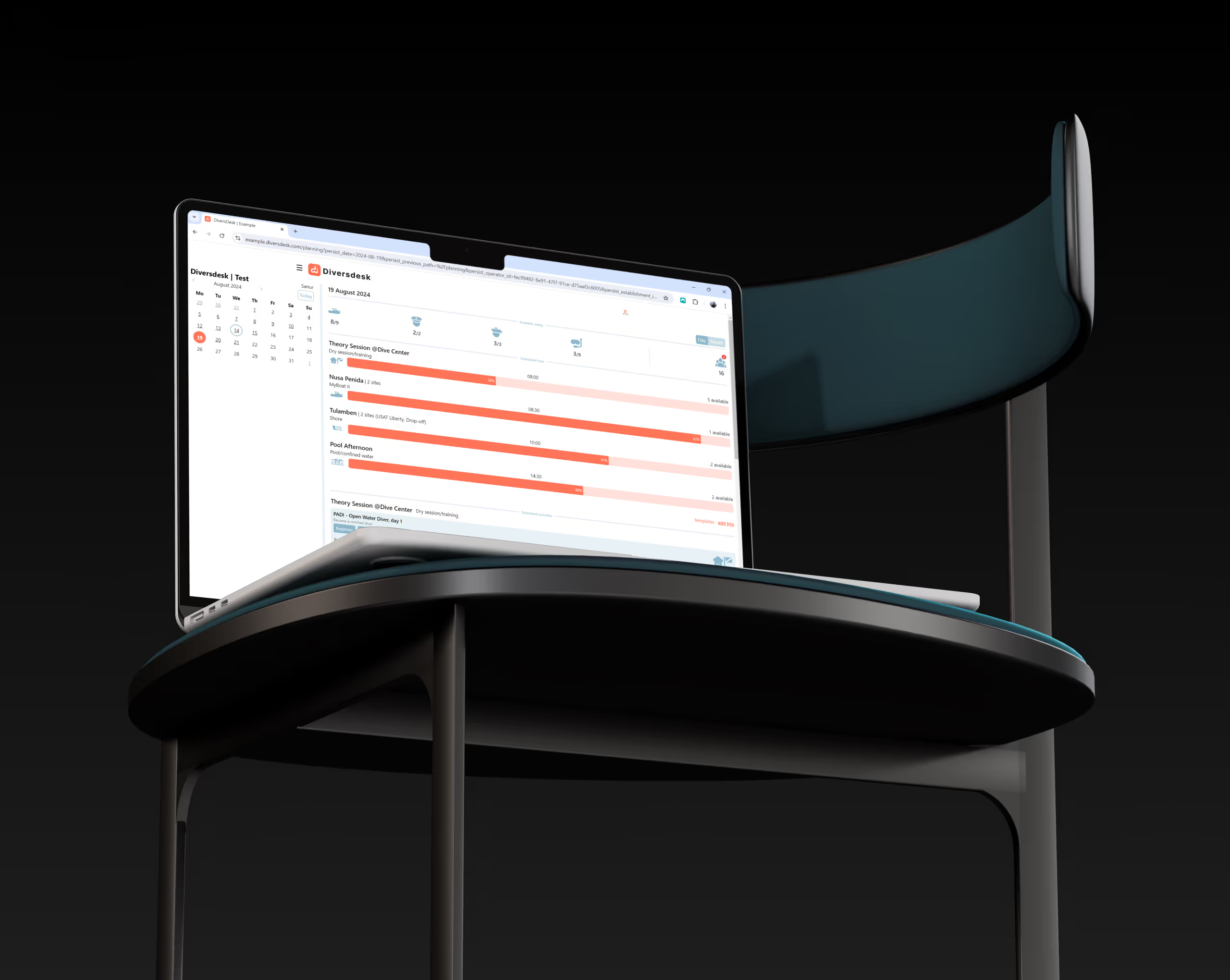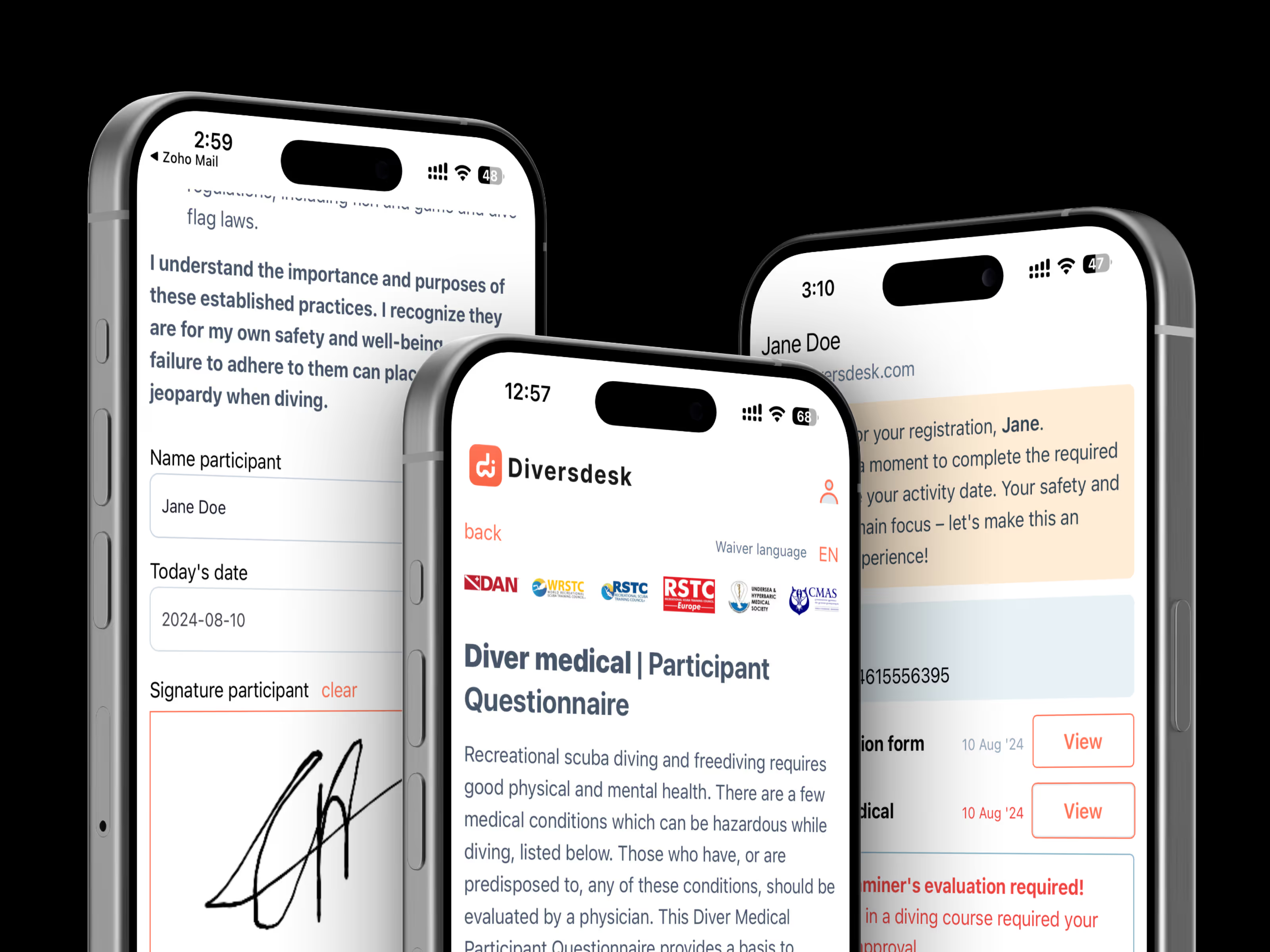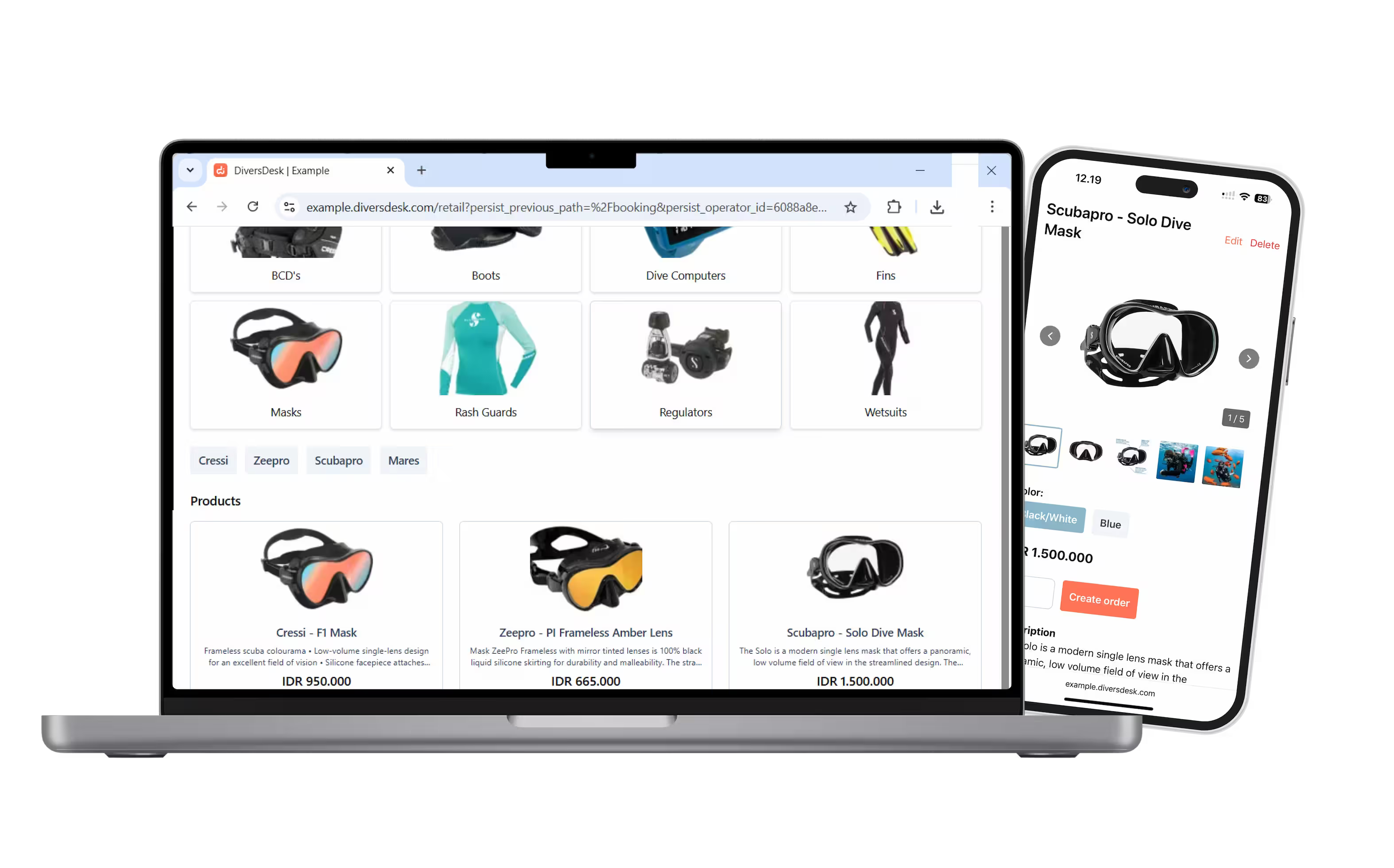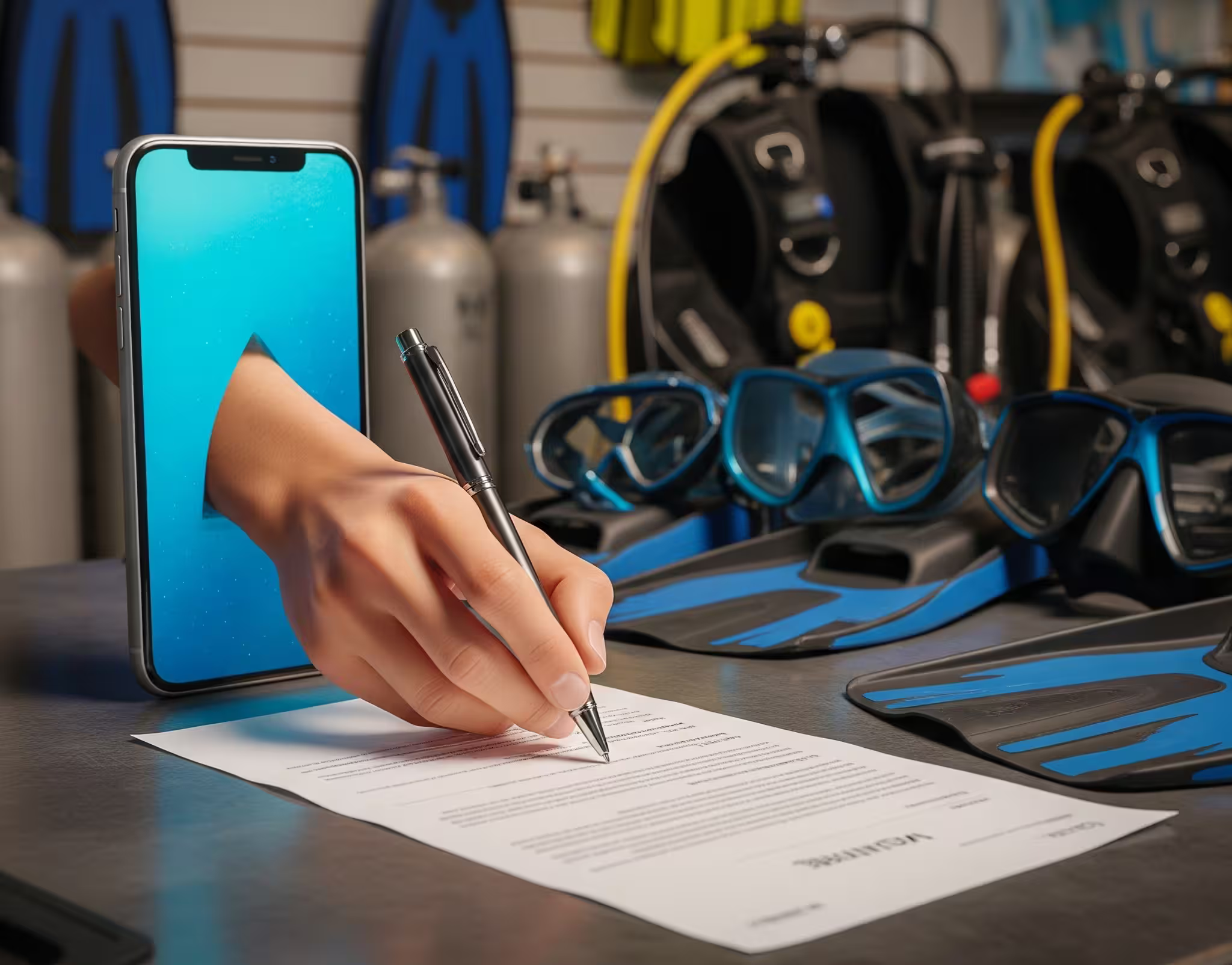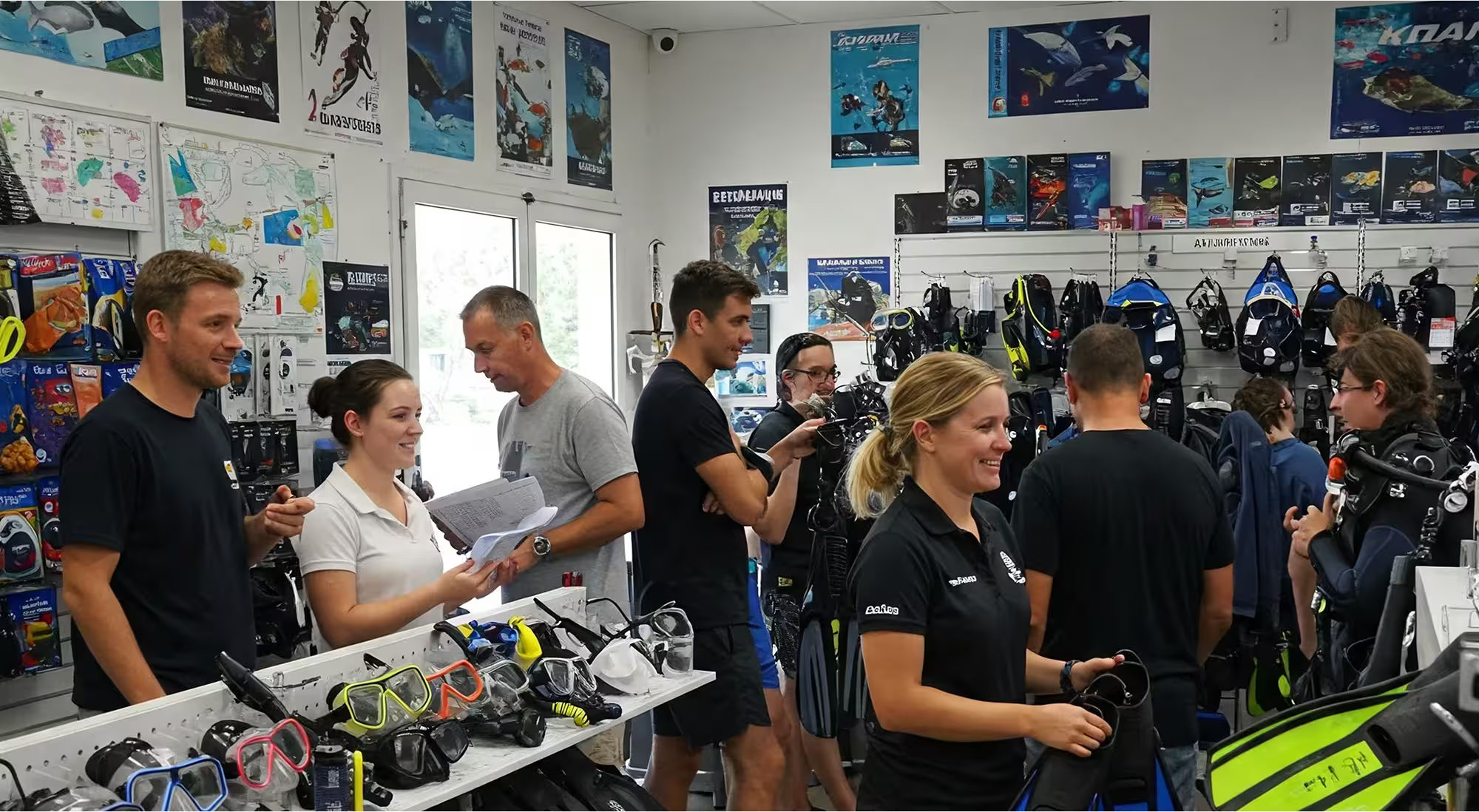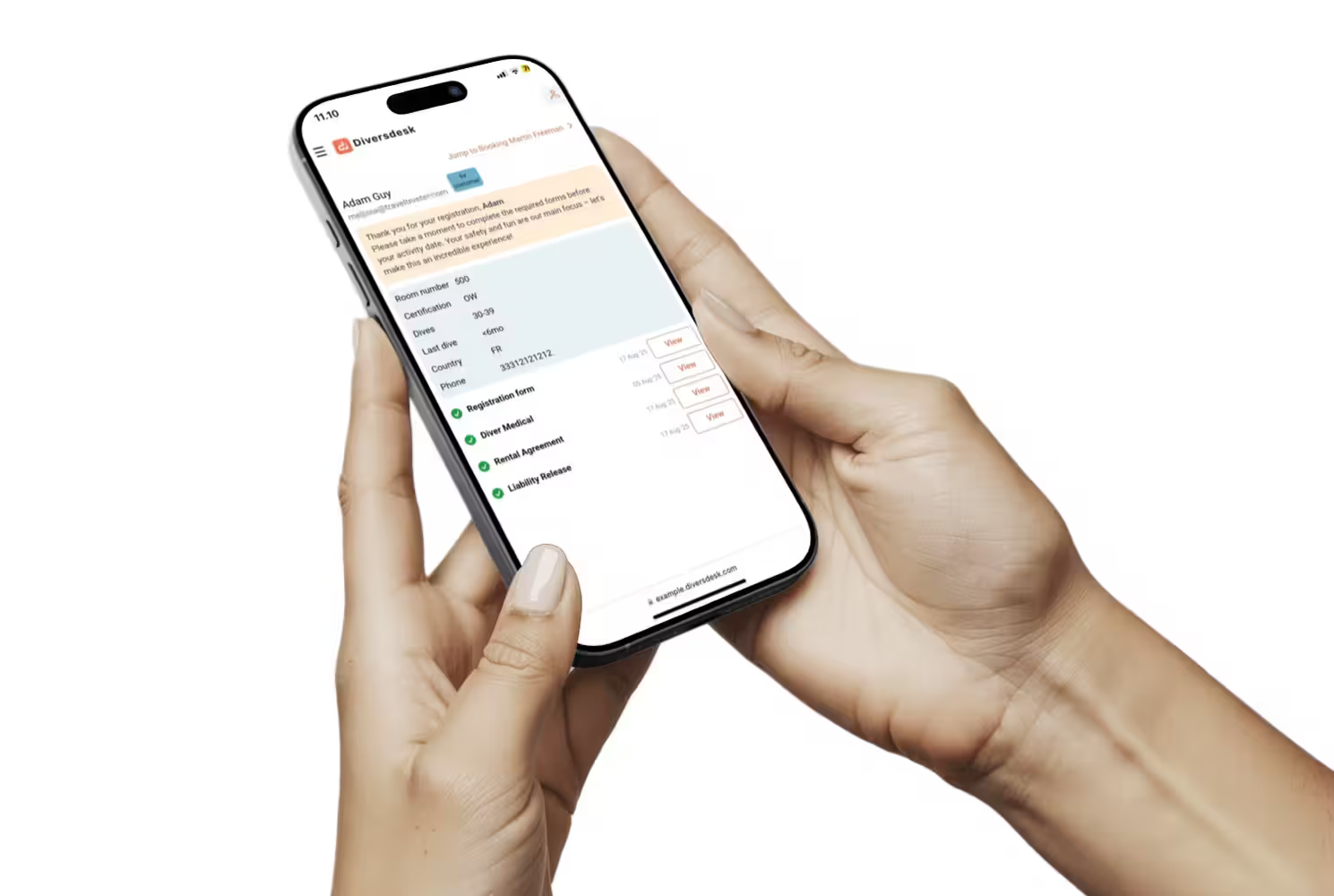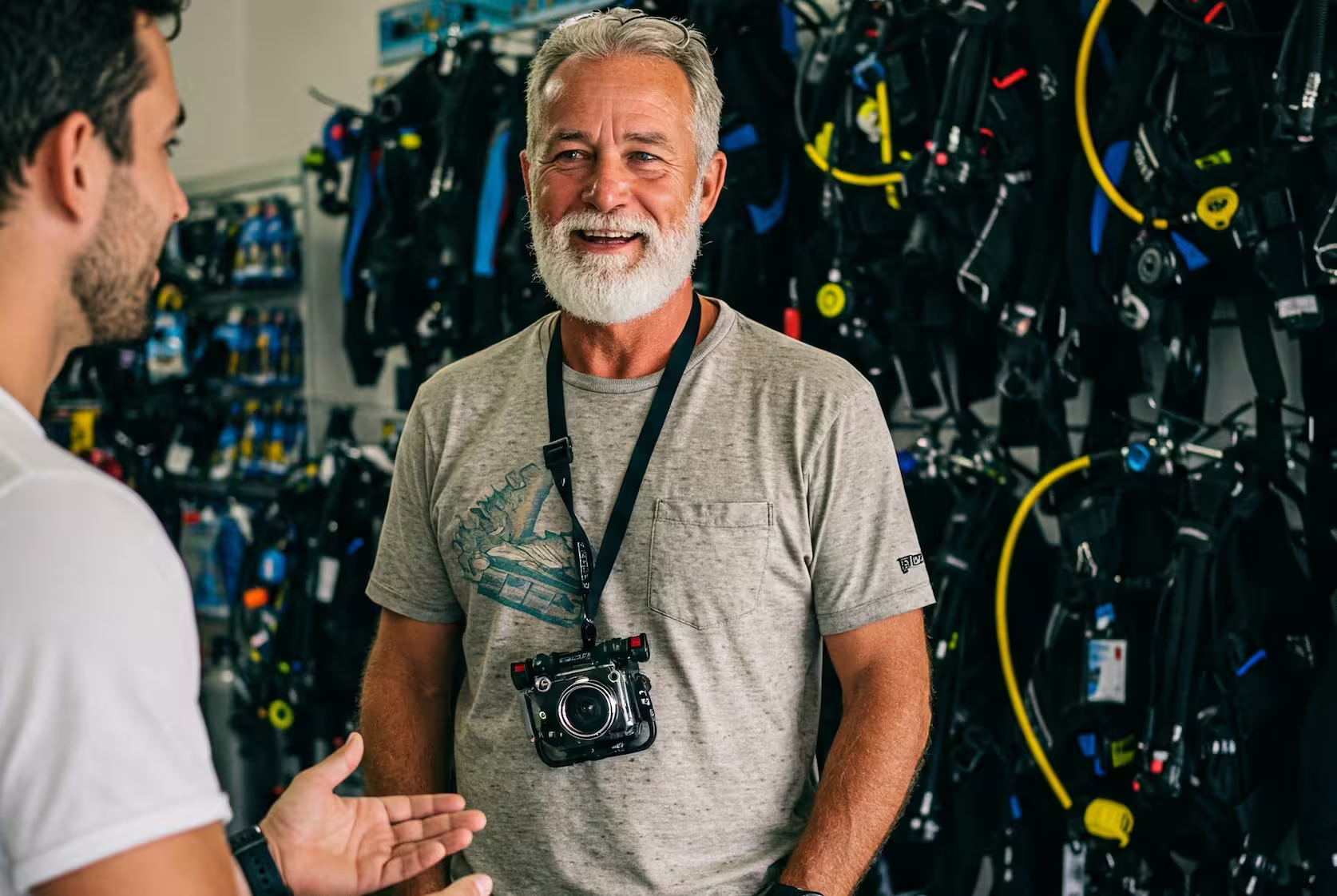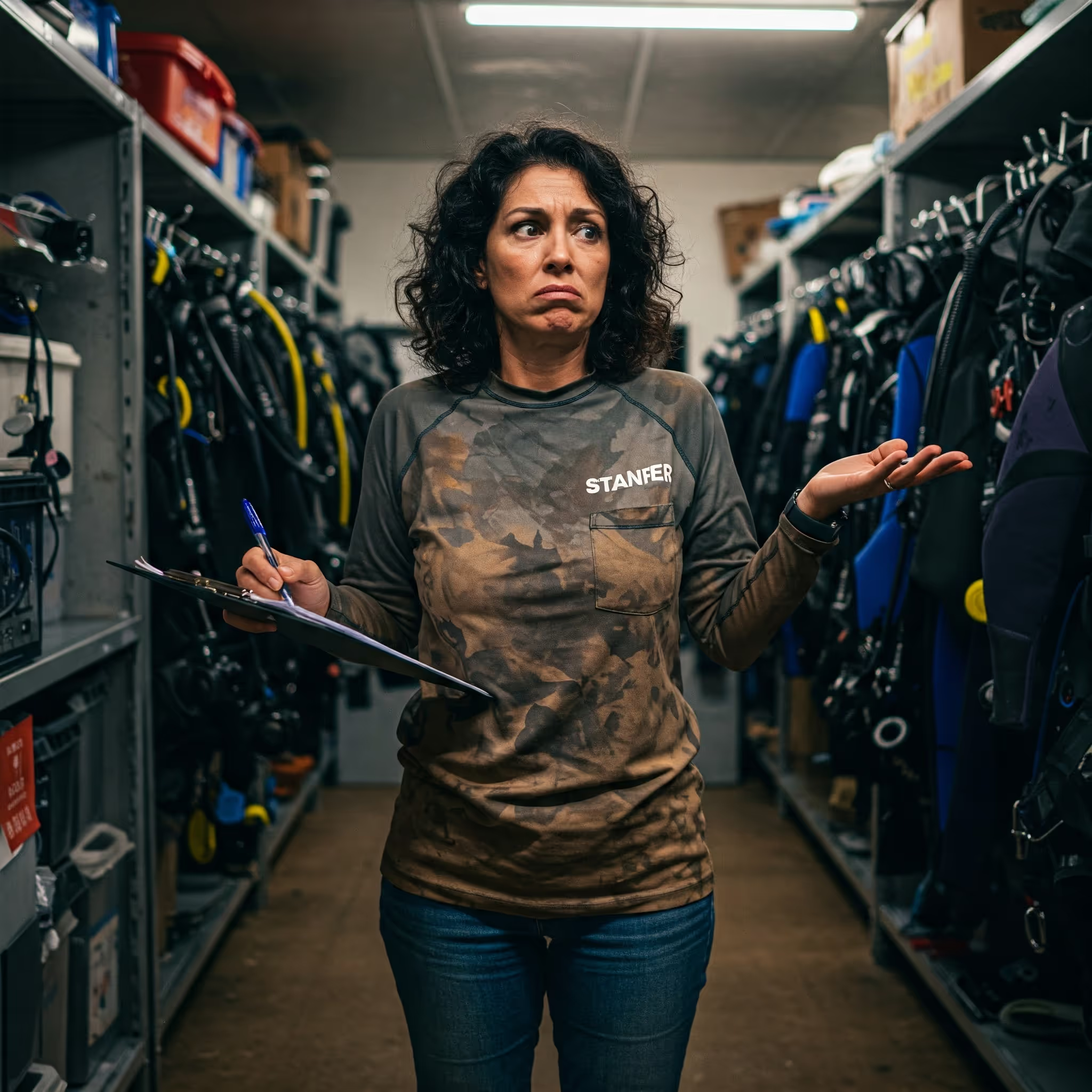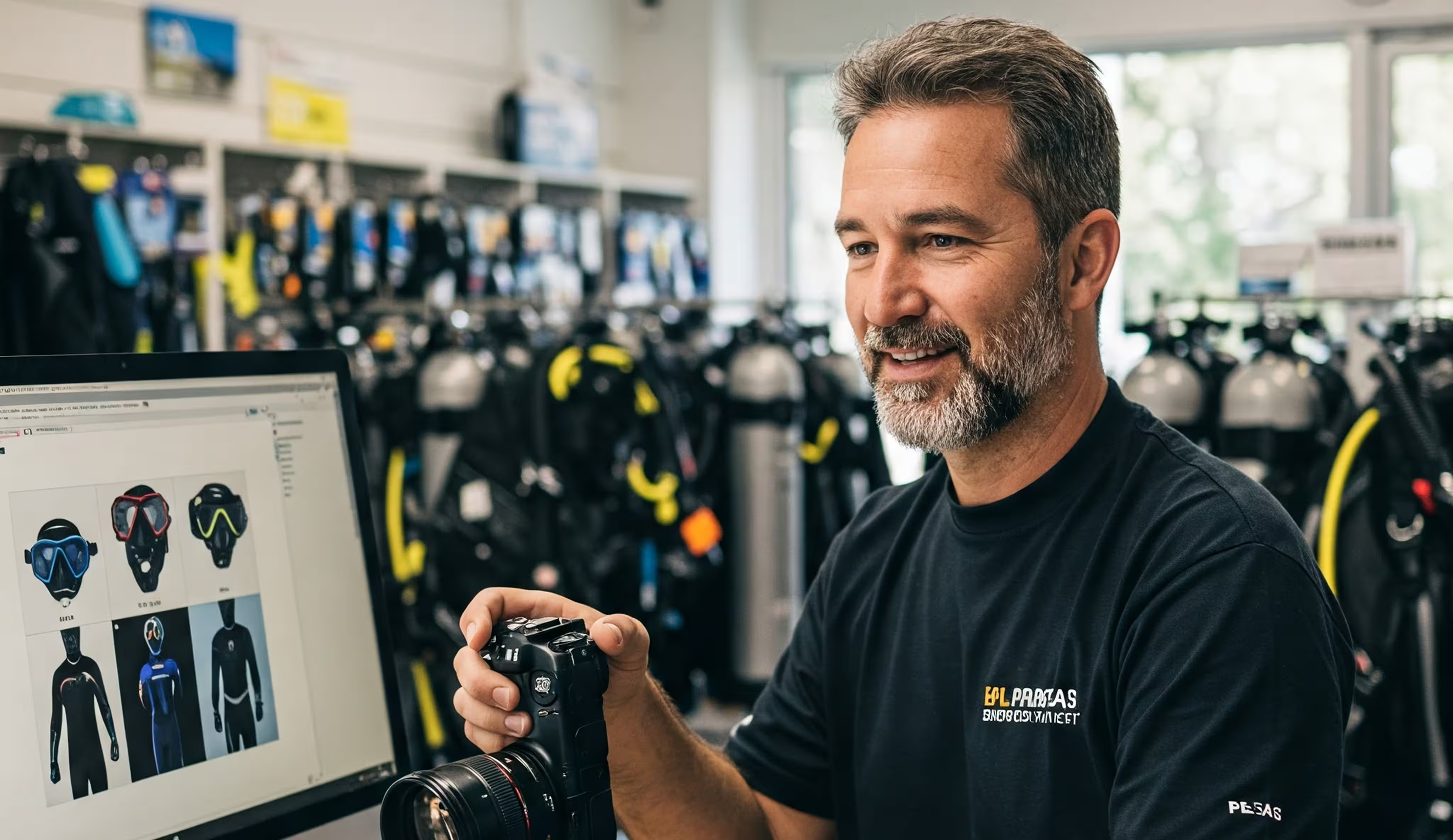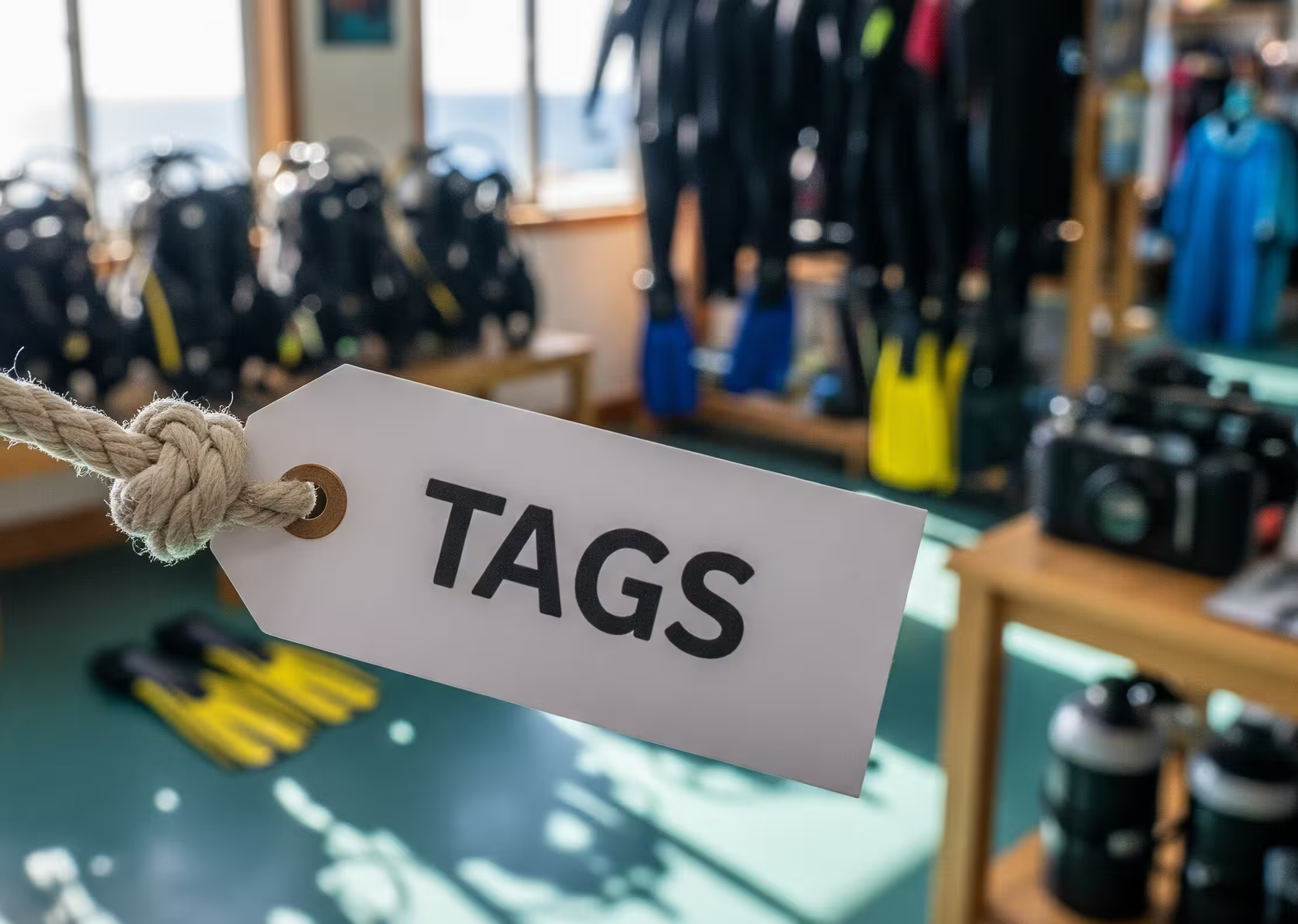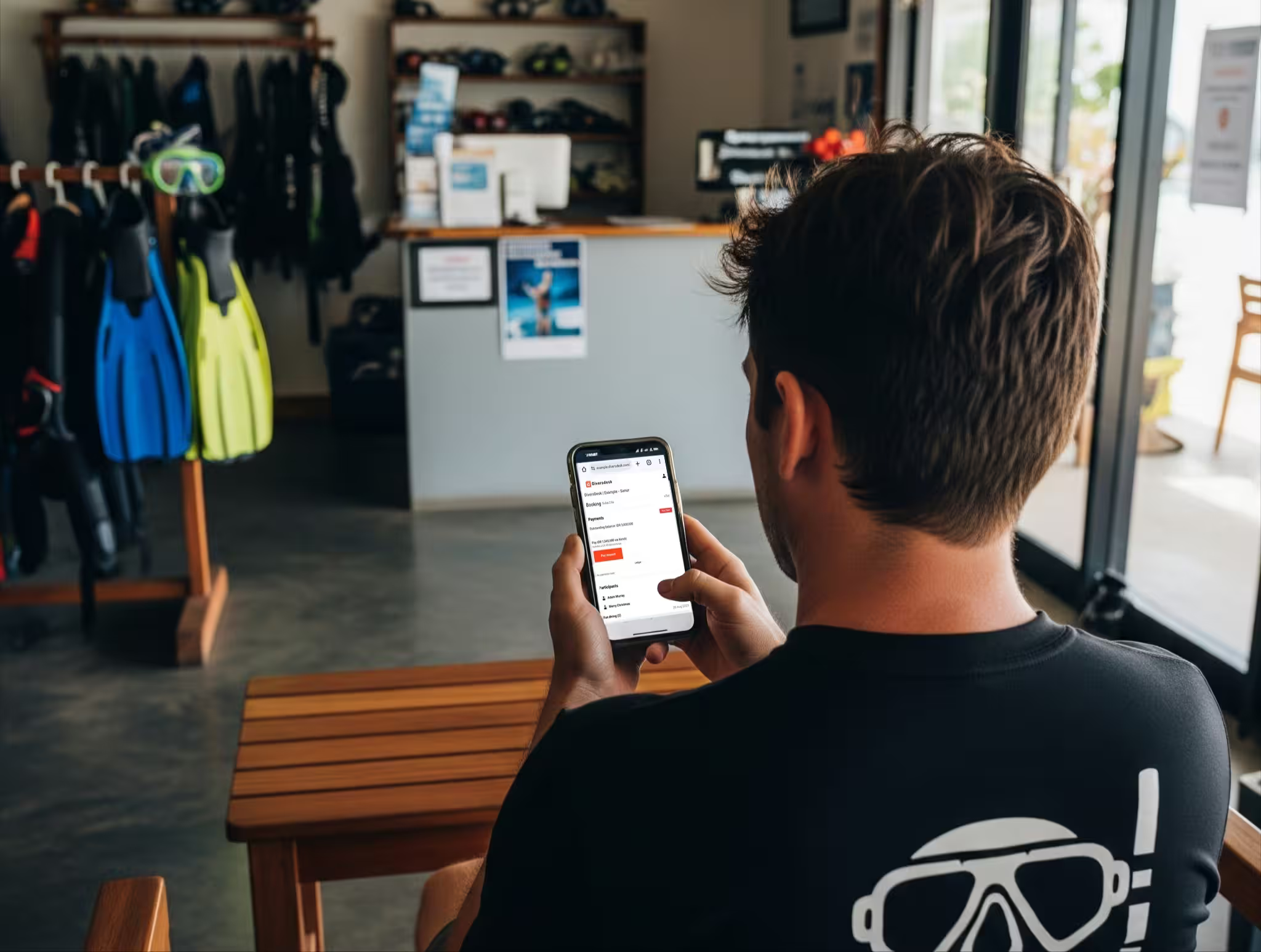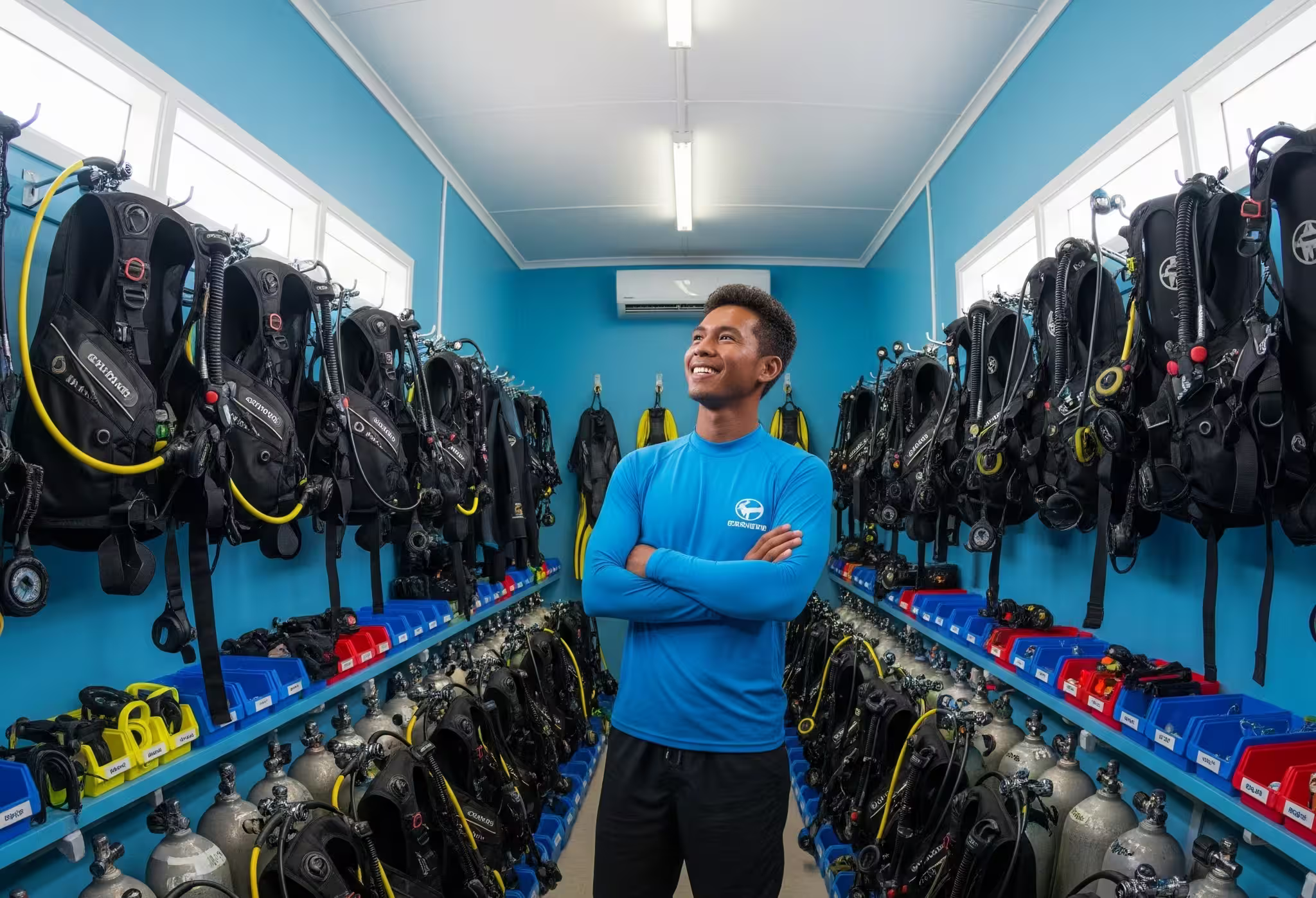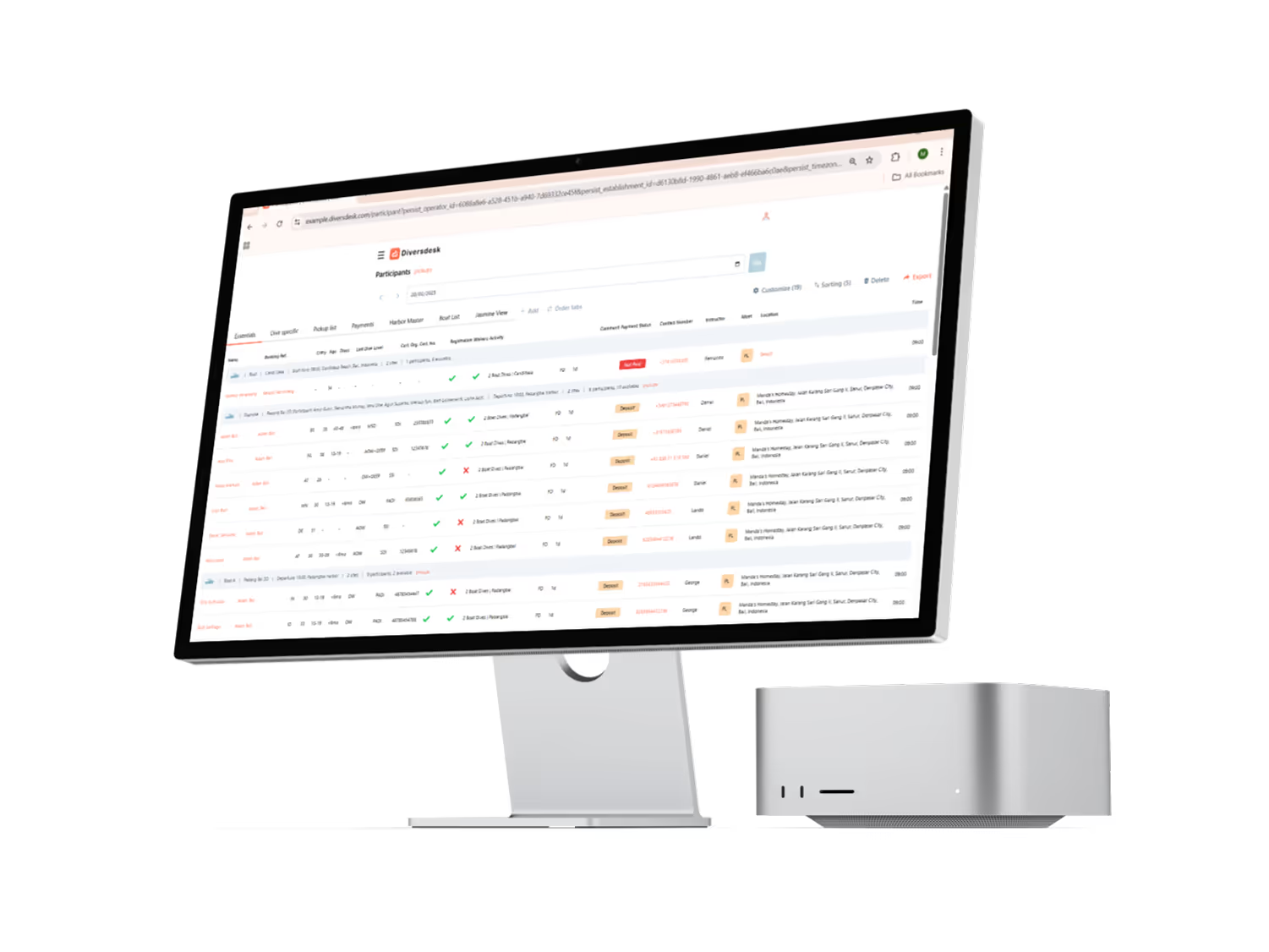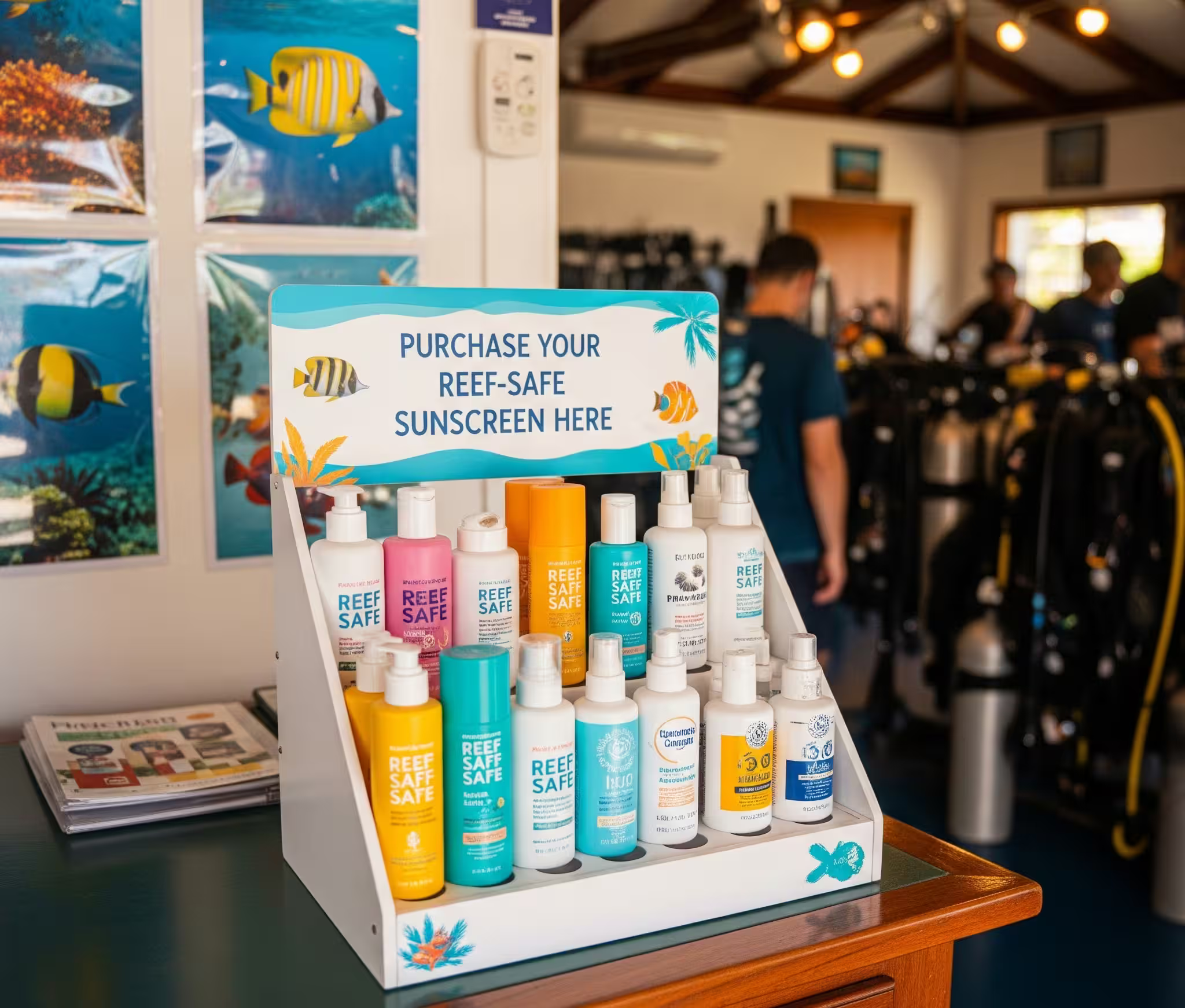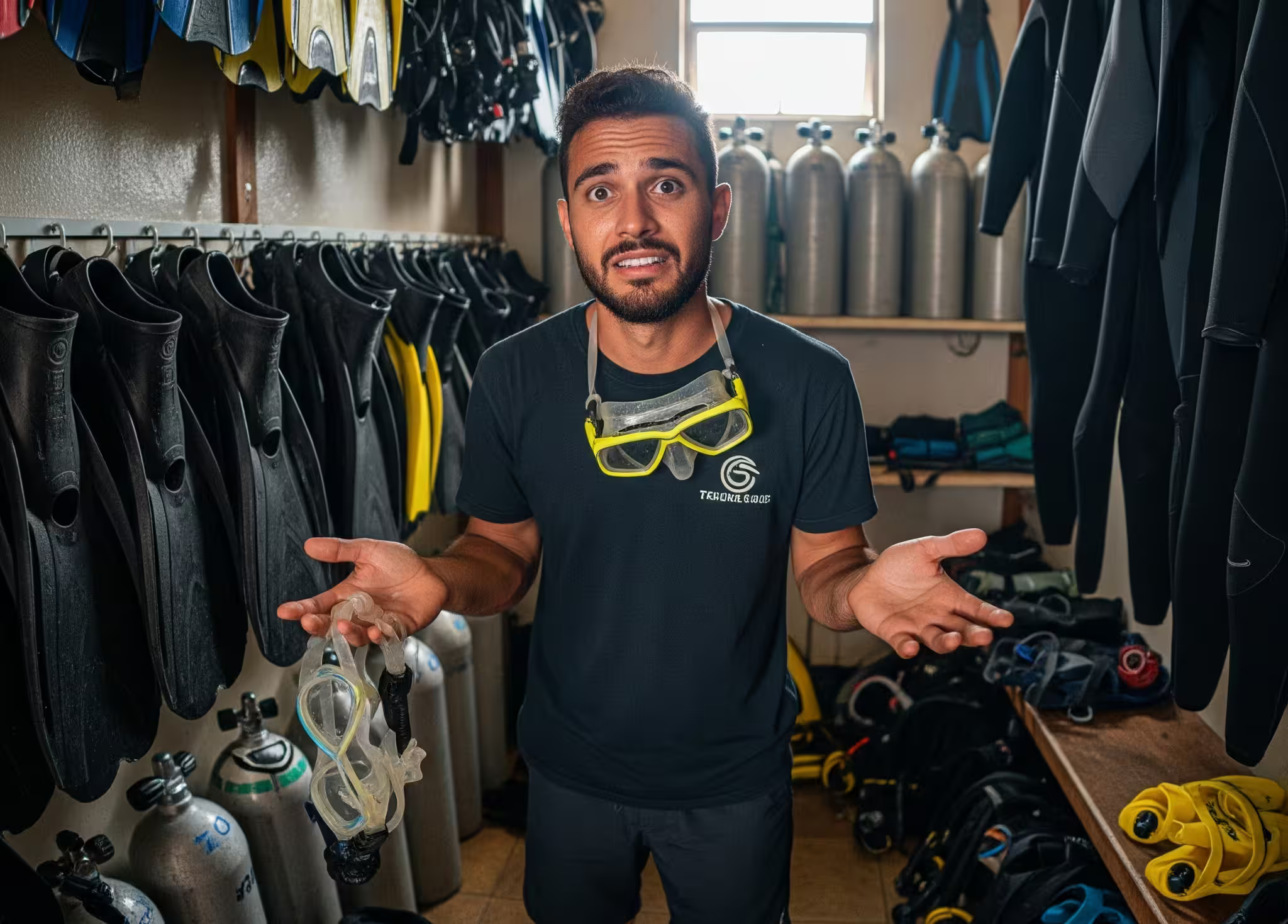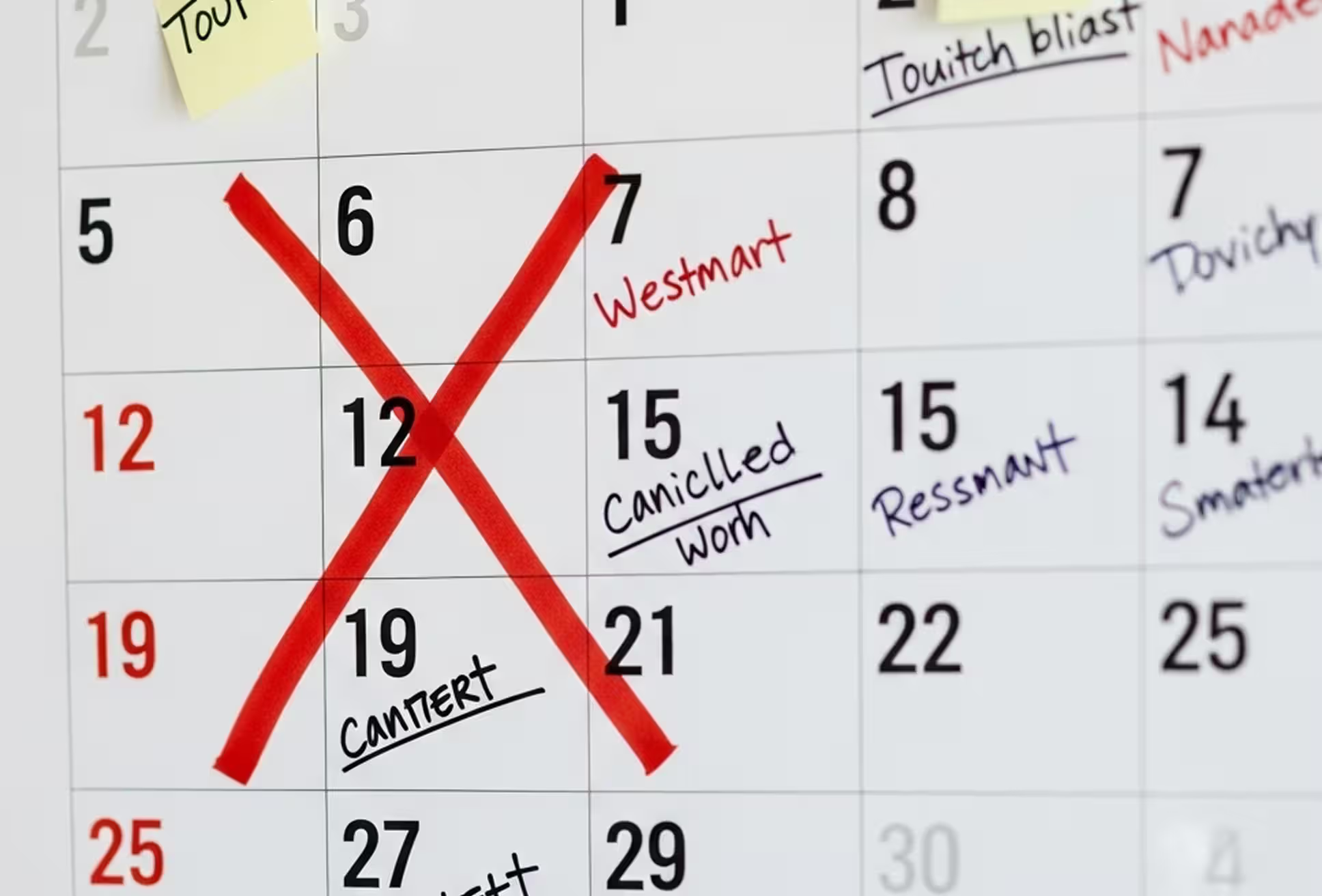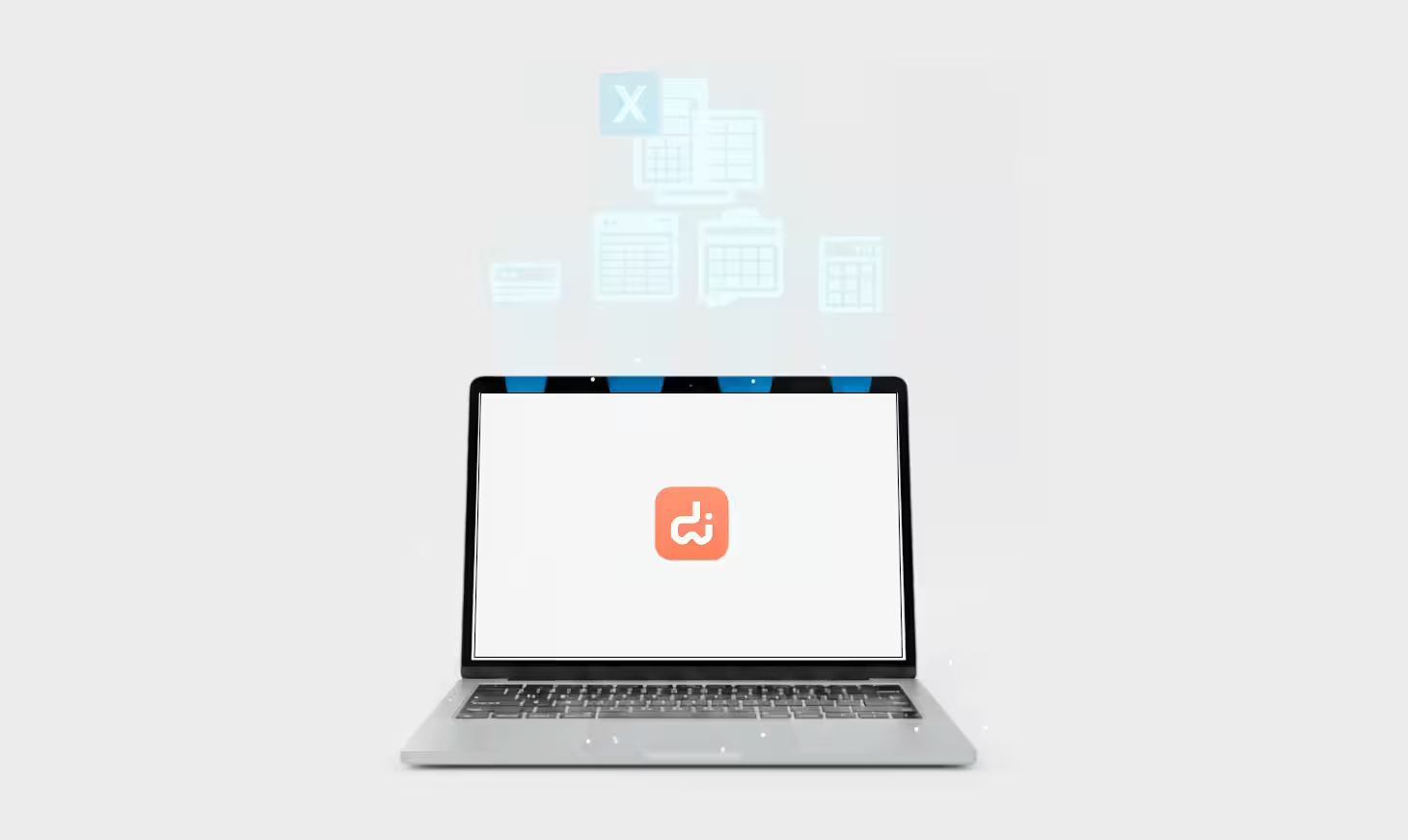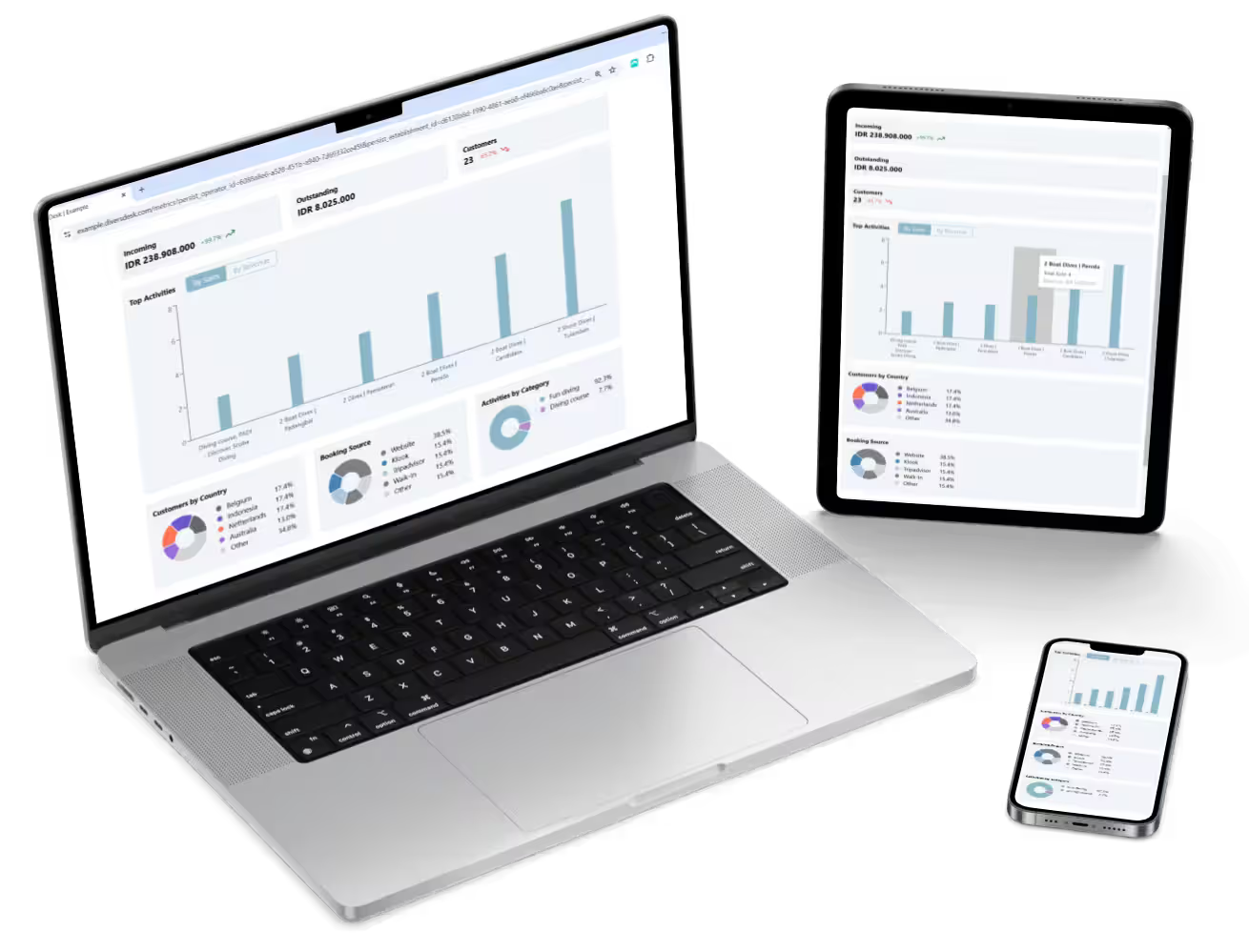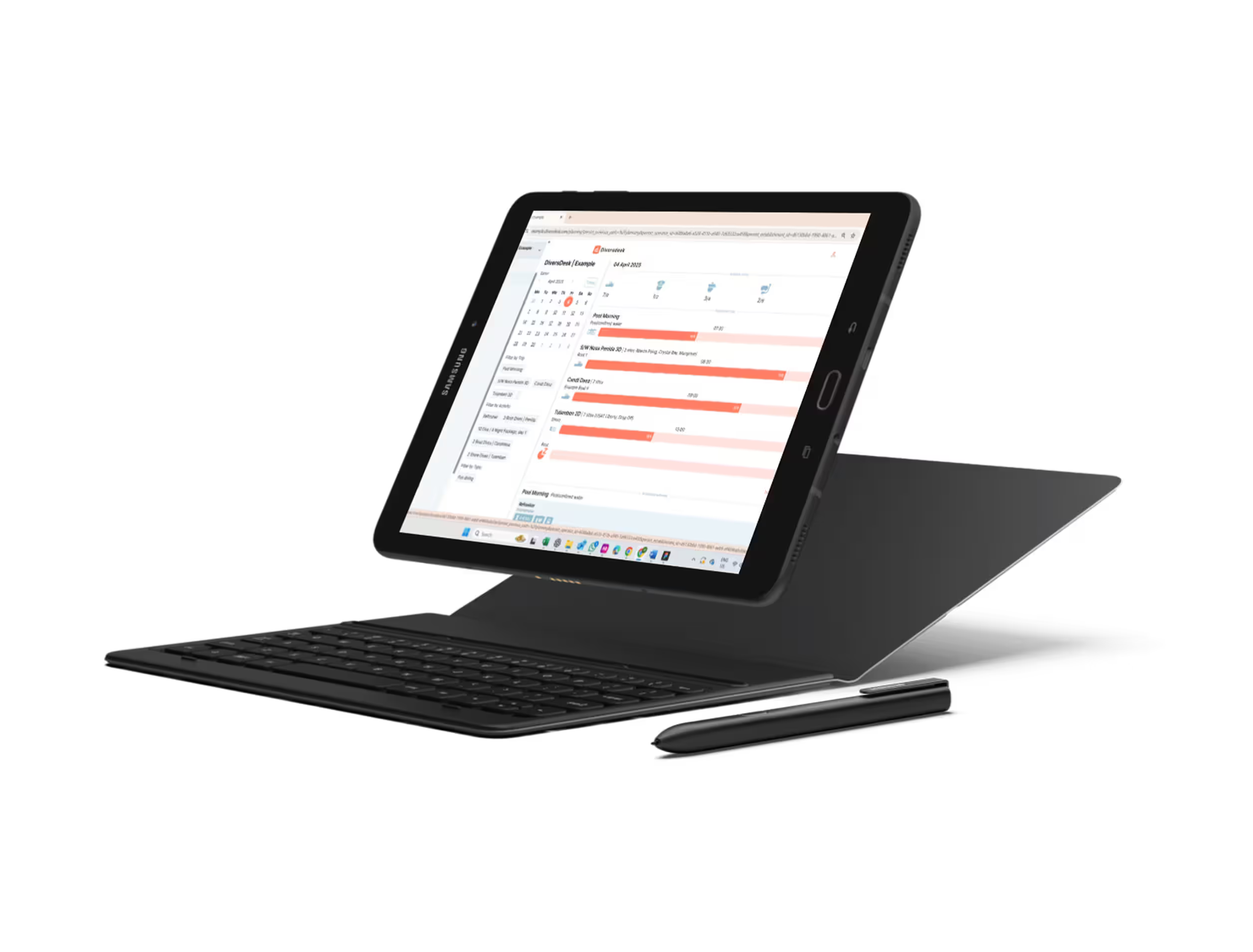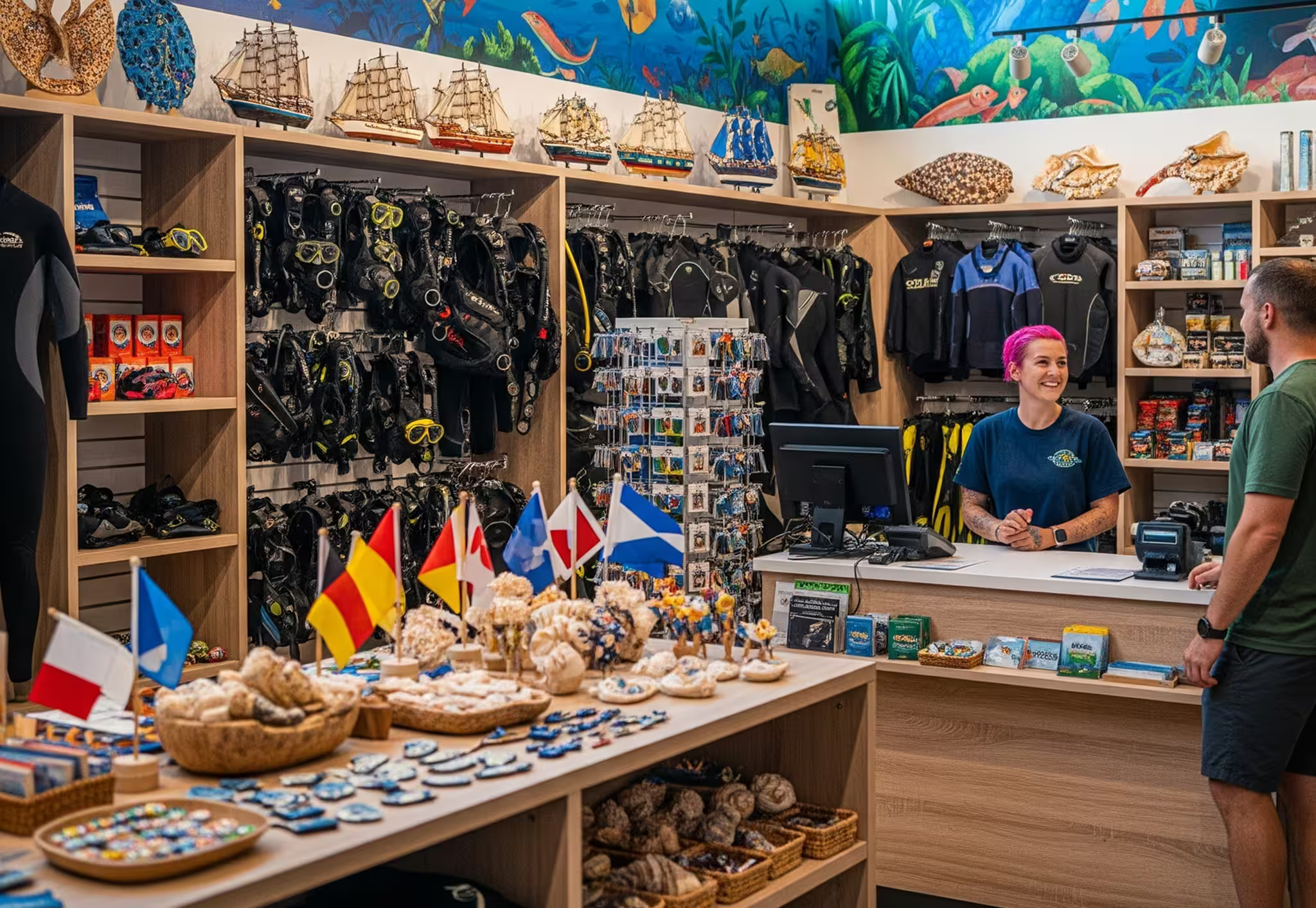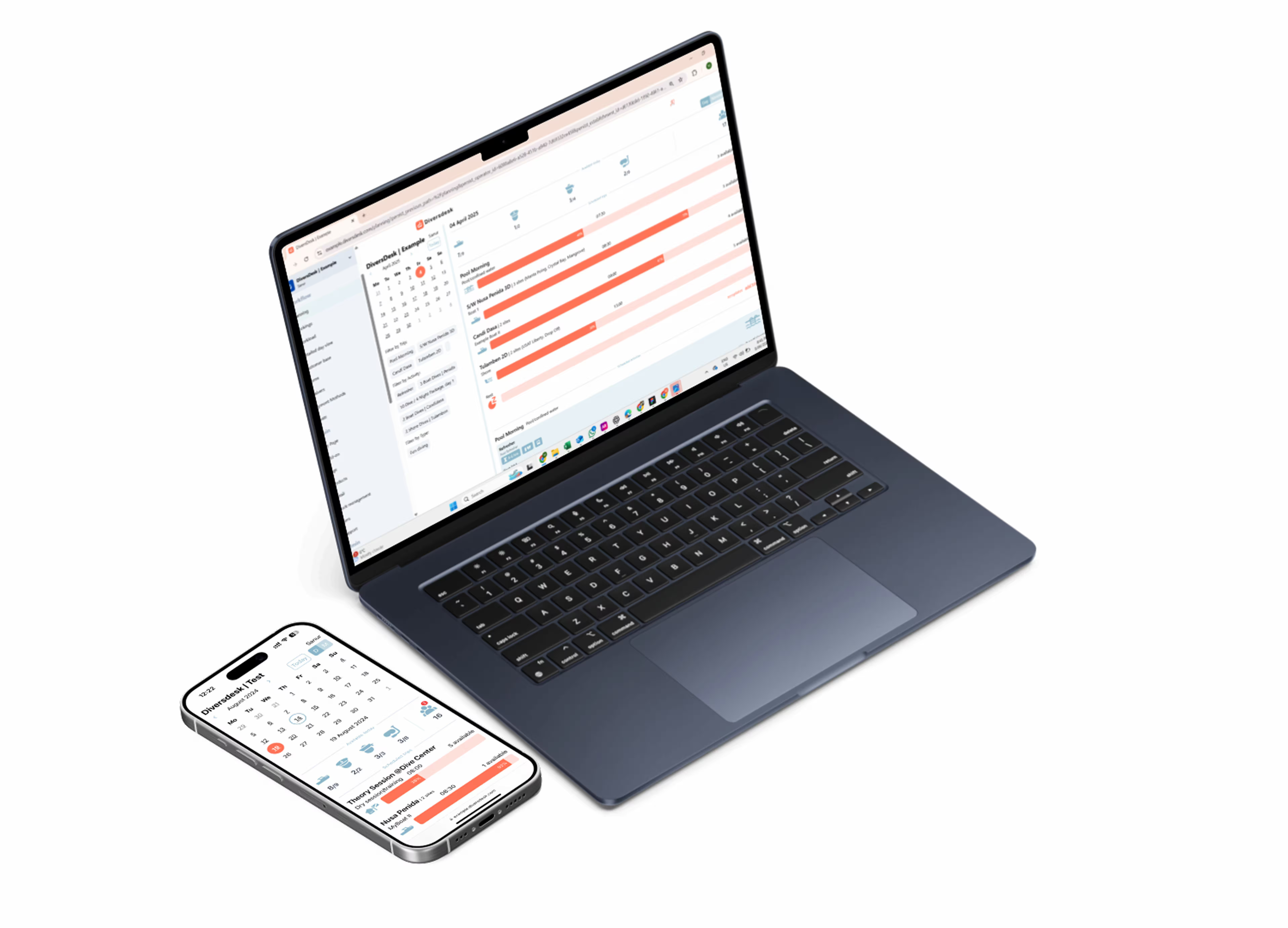1. Introduction
Even with a busy dive shop, hidden costs can eat into your profits. You’ve got bookings coming in. Divers are smiling. The tanks are filled and loaded. There’s gear drying out front, someone’s restocking the fridge, and the next group is checking in for their afternoon dive. It feels good. The place has energy. You're moving. Things look solid. The boat’s out, the calendar’s full, and the team’s doing their thing. It feels like business is going well.
In my opinion, running a dive business can be a bit misleading. It can feel like everything’s going great, but when you look a little closer, there’s money slipping through the cracks. Maybe it’s unbilled extras. Or packages that are priced too low. Or gear that’s going out without ever making it onto an invoice.
If you’re not totally sure how much you’re really earning, or where that money is going, this post is for you. We’re going to talk about what to check, where income gets lost, and how a simple system can help you tighten things up without making life more complicated.
2. Where the Money Slips Away
Some money leaks are obvious. Most aren’t. And over time, they can quietly eat into your profits without you even noticing (Source). Here’s where I think dive shops often lose income without realizing it:
- An extra gear item gets handed out, no one bills it
- Add-ons get used, but never make it onto the invoice
- Someone gives a mate rate and forgets to log it
- A customer buys something from the shop, but the charge never goes through
- Transfers happen. Extra dives happen. The paperwork doesn’t
- A group says they’ll pay later, but later never comes
- Gear skips its service. Breaks down. Ends up costing more than it should
3. Pricing Matters More Than You Think
A lot of dive shop owners avoid raising prices because they don’t want to seem greedy. I get it. But in my opinion, underpricing is one of the biggest reasons cash flow gets tight. As a start, if you're not sure how to set your prices, check this guide on choosing the right pricing strategy.
What you charge should reflect more than just the dive itself. For a dive centre, here are the things I think you need to factor in:
- The wear and tear on your gear
- What you pay your instructors and crew
- The time spent setting up, packing down, and cleaning everything
- Your permits, insurance, and compliance costs
In my view, a fair price is one that keeps your business healthy. Not one that just covers fuel and snacks and leaves you crossing your fingers for a tip jar to make up the rest.
4. The Power of Knowing Your Numbers
If I asked you right now how much income your shop made last month, could you answer with confidence? What about which activity brought in the most revenue? Or which staff member had the highest sales? Do you know how many people rented gear last week? Or which bookings are still unpaid?
In my opinion, these are the kinds of insights every dive business should have at their fingertips. I believe it’s completely understandable if the answers aren’t always obvious, especially during busy periods. However, without clear and consistent tracking, it becomes incredibly difficult to make informed decisions or improve overall performance. You simply cannot manage what you are not measuring.
5. How Diversdesk Helps Your Dive Shop Avoid Missed Income and Track Profit Easily
I believe running a dive business gets a lot easier when everything is in one place. Diversdesk helps you stay on top of your numbers while making sure nothing important gets missed. No forgotten payments. No missing gear. No unbilled extras. And yes, it also helps you track your profit. Here’s a quick look at the features that make it happen:
- All-in-One Booking: Bundle everything into one clean booking. Activities, gear, shop items, and add-ons, all in one booking, all easy to manage.
- Booking Page: See all your bookings at a glance. Quickly spot which ones are unpaid, which have only paid a deposit, and what’s coming up or already overdue. Filter by date range and take action without digging.
- Sales Page: A full recap of your income. Everything sold or booked is tracked clearly, so you know exactly what’s coming in.
- Rental Management: Keep track of your gear without the chaos. Assign rentals, track returns, and never miss a service schedule.
- Metrics Dashboard: Your dive shop’s performance, simplified. Get real-time insights into earnings, top-selling activities, and outstanding payments.
- QuickBooks Integration: Diversdesk is fully integrated with QuickBooks, so your financial data syncs automatically. No more scattered reports.
Let’s take a look at the video to see how it works in action
6. Final Thoughts
I think profitability is about more than just staying busy. The shop might feel full, the boat might be out every day, but if you don’t know what’s coming in and what’s slipping through, it’s hard to grow with confidence. In my opinion, the dive shops that last are the ones that keep track of the details, not just the bookings.
Diversdesk helps you see the numbers clearly, stay on top of your gear, and avoid the little things that quietly cost you money. With the right tools in place, you can spend less time worrying about what’s missing and more time doing what you love, running a dive shop that actually works.

